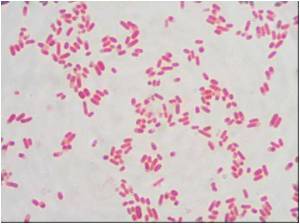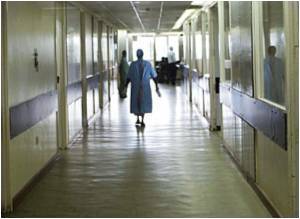A MRSA infection with a reduced susceptibility to the antibiotic drug vancomycin is linked to high mortality, scientists have revealed.

"Based on our findings, we recommend that hospitals consider routine testing for hVISA," said Katherine Reyes of Henry Ford Hospital and the study's lead author.
"It remains controversial how differently we will manage these patients upfront. Close follow-up on these patients to make sure their infection is resolved or controlled may save lives," she said.
The study followed 521 patients with MRSA bloodstream infections who were admitted between January 2006 to September 2009 to Henry Ford, an 805-bed tertiary care hospital, education and research complex in Detroit.
These infections were screened for heteroresistance, and 19 hVISA cases were identified.
Reyes and researchers then compared characteristics and outcomes of the 19 hVISA patients against 19 non-hVISA patients, eliminating such factors as age, source of infection and level of sickness.
The study also found that hVISA patients stayed on average four more days in the hospital than non-hVISA patients and were more likely to have received vancomycin in the past.
Source-ANI
 MEDINDIA
MEDINDIA




 Email
Email





